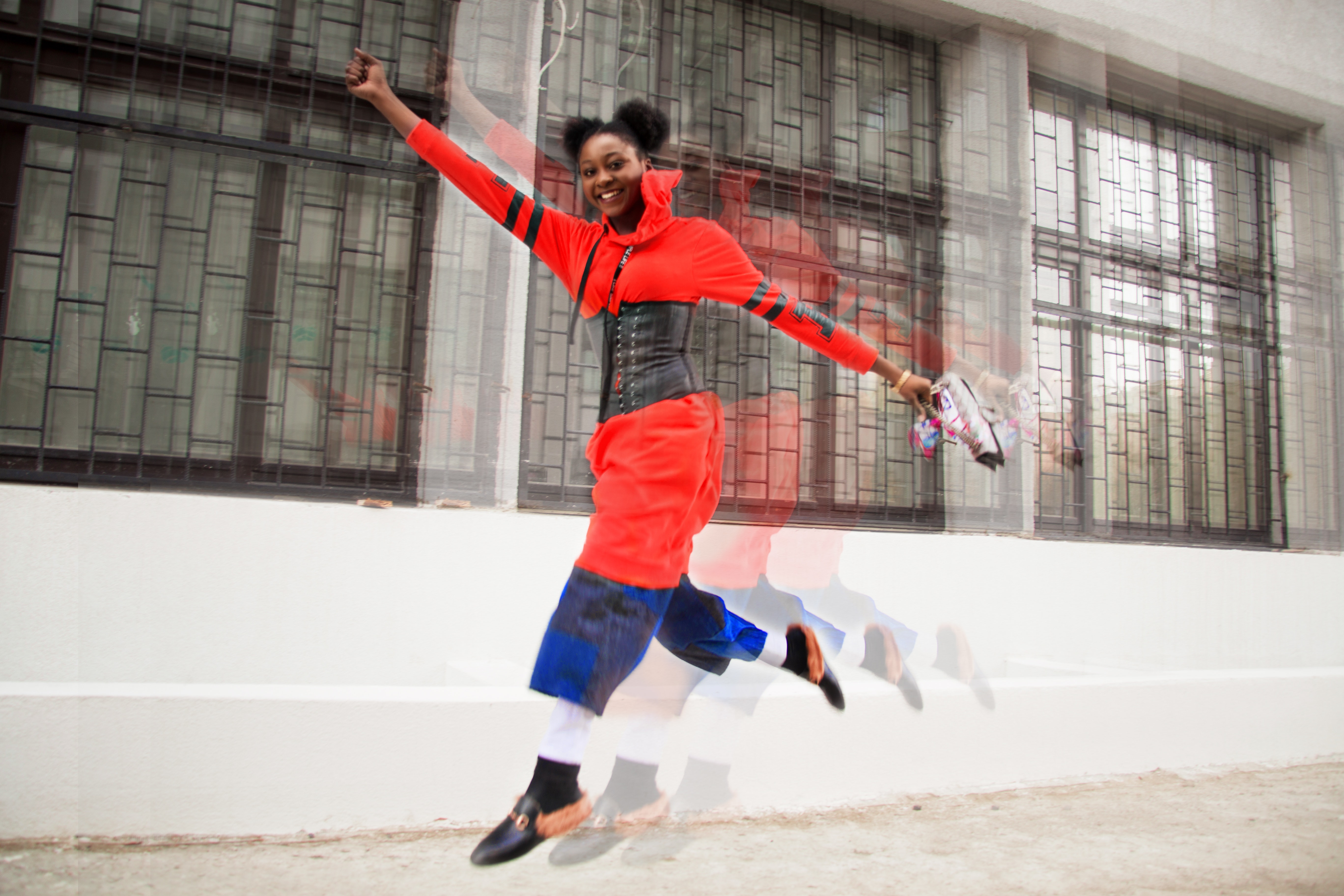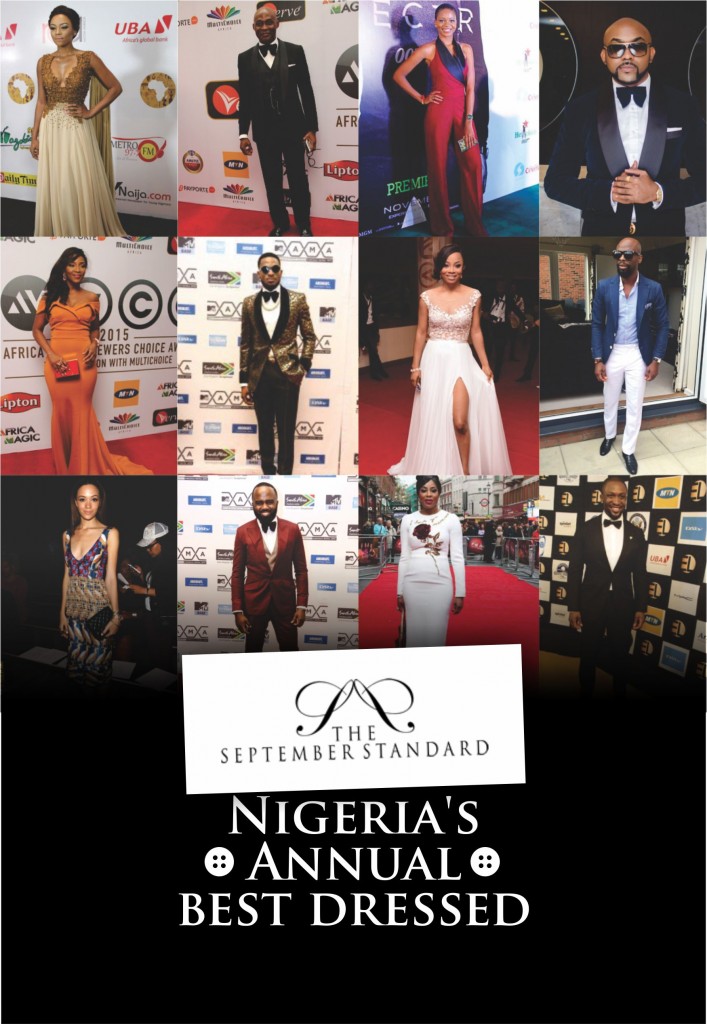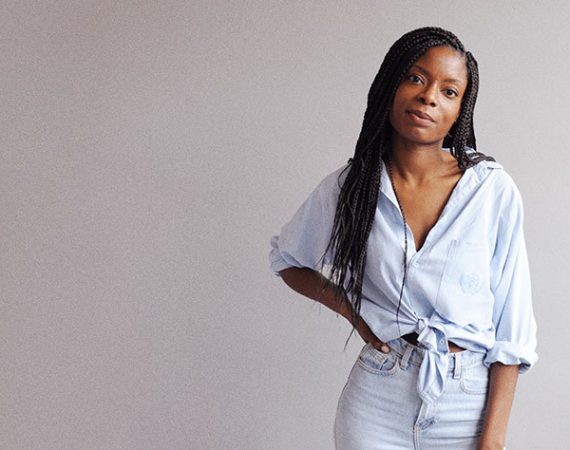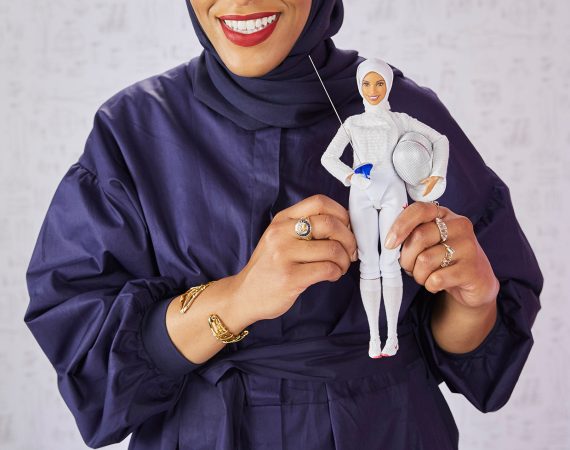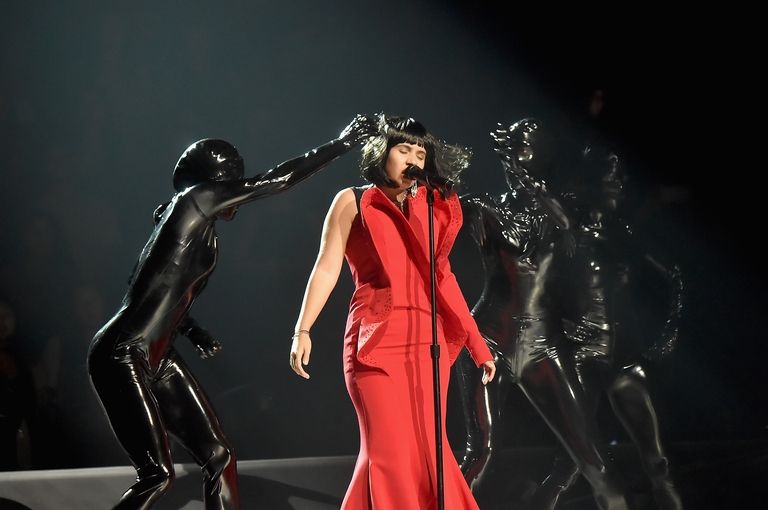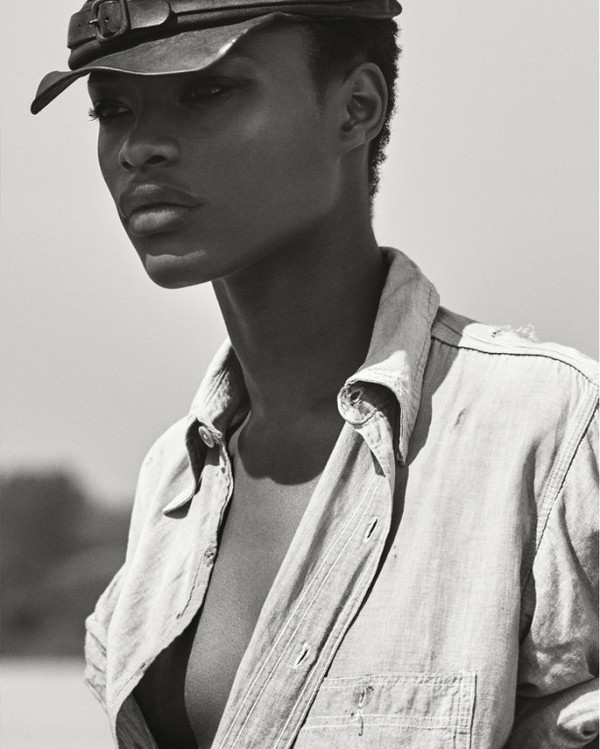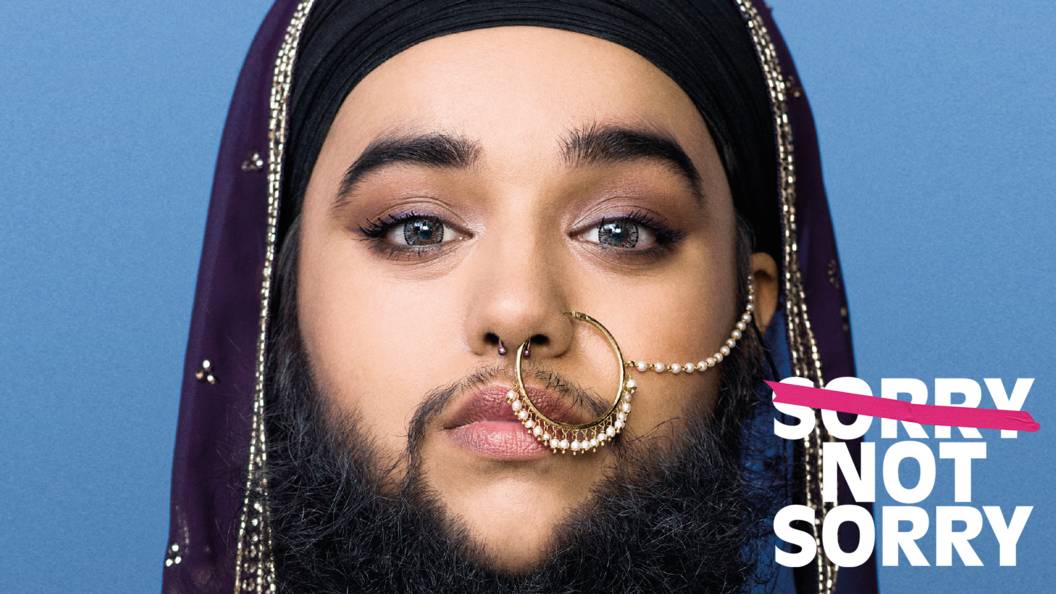It’s not ok to cry foul alone anytime our culture is disappropriated, what are African cultural custodians doing to keep the culture alive? Today we explore the theory shared by 3 Nigerian Fashion Houses Focused on Telling The African Story.
by Rachel Ogbu
Every now and then, we hear about one celebrity appropriating someone else’s culture. When it comes to Fashion And Identity, we also hear about cultural misappropriation by the West and the failure to give credit to the custodians of said culture. Exploring the meaning of African fashion and identity within a socio-cultural context is a must if we don’t want to risk losing who we are- only seeing ourselves through the eyes of media serotypes and archetypes.
From the beginning to time, fashion and beauty have been the way people were identified. The Uli beauty drawing on an Igbo woman signified what societal situation she was facing in her life at the time (example getting married or in mourning). It could also depict what clan she came from. Fashion has always been part of the identity of a country whether it’s in the fabric they wore or in their hairstyle. Fashion and beauty are understood through the lenses of its history and have assisted us in understanding societies.
But what happens when people start to forsake their fashion and beauty history to adopt another and their neglected fashion is seen on different bodies and in different contexts? For example, Stella McCartney Ankara collection showcased in Paris in 2017 but instead of giving credit to its African roots, she described it as “a joyful exploration of British style.” It’s not ok to only cry foul anytime our culture is appropriated or disappropriated, what are African cultural custodians doing to keep the culture alive?
On the global fashion scene, different locations and countries have established their sense of style and identity. For instance, when you look at Japanese fashion, you view it as technologically forward and innovative. A look at London fashion and you think; an exploratory style that is inspired by the street and when you visualise the fashion of Paris, you immediately imagine something more sophisticated, and couture. In Africa, we have a mixture of all these things, but where have we kept our pre-colonial identity?
Well, a few fashion houses in Nigeria have this concept at their core and it’s sewn into their DNA. Identity remains pivotal and these brands are attentive to telling our own story through fashion and beauty.
House of Tara:
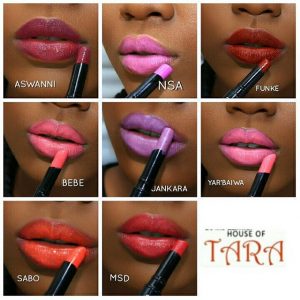
“A lot of the Tara products are named after either beauty icons or beauty philosophies in Africa,” says Fela-Durotoye. “For us, it’s about sharing the world and sharing our culture to the world,” Tara Fela-Durotoye tells CNN Africa. The House of Tara brand has vibrant hues of long-lasting lipsticks in Emotan colour. Emotan was influential in Ewuare’s rise to Oba of Benin after she told him of a murder plot against him. Ewuare went on to appoint Emotan as the Iyeki, a position given to someone with the task of enforcing market rules and checkmating security matters. Tara also has other lip colours in Tejuosho, Jankara, Arese, Kwase-Doo, Ashanti, Cleopatra, Nandi, Makeda which all have a remarkable history of African women in power.
Nike Art Centre:
Nike Davies Okundaye can be regarded as the iconic custodian of Nigerian identity. Through fashion less soiled by modernity, she creates with adire, batik, indigo, beadwork, embroidery and weaving all in the original frameworks.
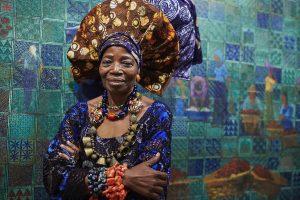
Okundaye found that the traditional methods of weaving and dying that had been her original inspiration were fading in Nigeria. She used her international success to launch a cultural revival art centre where young Nigerians master traditional arts and crafts. You can now visit the world of the Yoruba, to explore a culture that has flourished in Western Nigeria for well over 1000 years. Nike offers the opportunity to see Nigeria with fresh eyes.
Maki Oh:
New generation fashion designers can only draw inspiration from the world they know but post-colonial Nigeria culture and identity is diluted with western mores. Designer Maki Oh real name, Amaka Osakwe has made an international name for herself as being a talented storyteller. Through fashion, she conjures elaborate tales with her latest collection telling inspirational tales of her childhood in Lagos, Nigeria. Her use of adire has become a compelling signature, says Vogue writer Chioma Nnadi. The ruched tulle frocks Osakwe described as “auntie-give-me-cake dresses,” tell the story of a time in her past when kids wore their party outfits to gatherings in Nigeria.
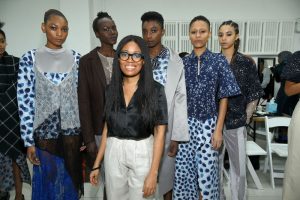
She continues to tell real Nigerian stories with another piece giving a nod to the schoolyard game suwe. Asides adire, Osakwe uses raffia and silk fringing all locally sourced with loads of heritage in each fibre. “I always say the Maki Oh clothes are a form of communication,” said retailer Sherri McMullen of McMullen Boutique. “Every collection is inspired by the traditional way of wearing African garments, which were forms of communication. Every piece has a meaning and the Maki Oh woman is able to embody it.”

